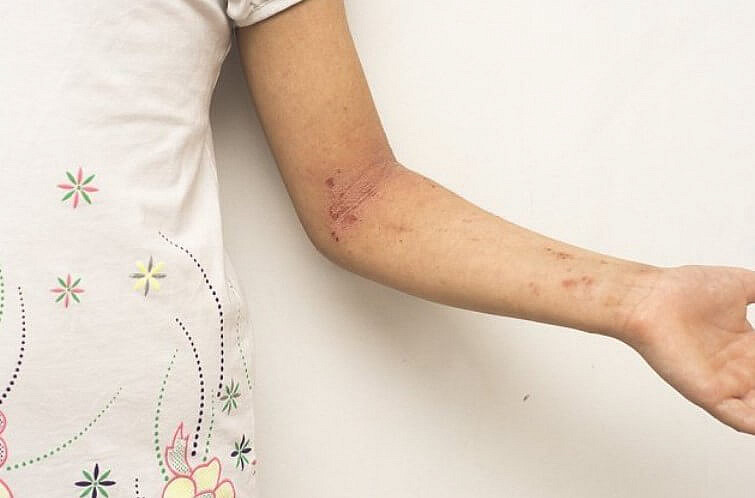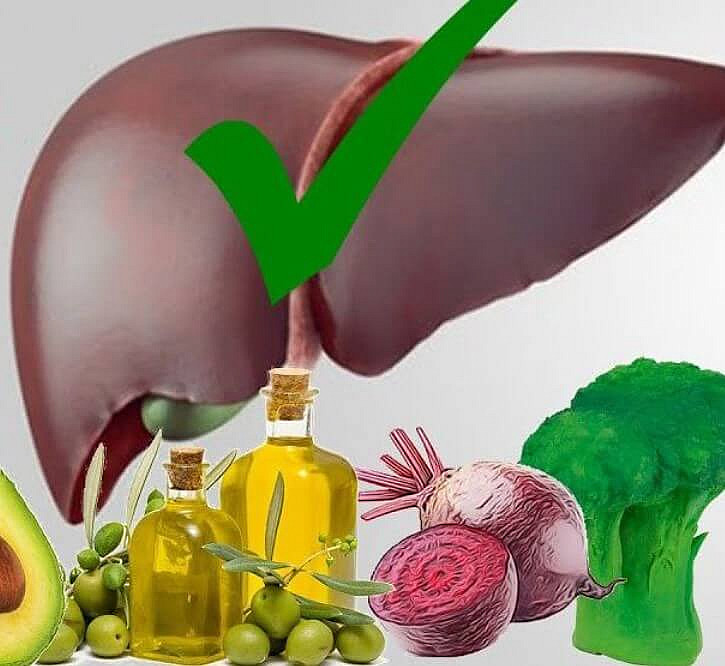2024 — Shopmybuy.com

Causes of Blood Sugar Spike
Control of blood sugar levels is essential for the treatment of diabetes and prediabetes. And healthy people need to know why they suddenly after seemingly harmless actions or even quite healthy sports do not feel very good. Find out the most common causes of blood sugar spikes, and what will help to cope with them.
Foods That Are Good for Your Liver
One of the negative consequences of poor nutrition is problems with digestion. Eating heavy and harmful foods, not eating regularly, and eating frequent snacks on the go can lead to gastrointestinal disorders. The liver, which is the first to take the hit, is particularly affected.

Diet for liver diseases: what is possible and what is not
The liver is one of the most important organs of the human body, which, like any other, is susceptible to various diseases. But the remarkable thing about the liver is its ability to recover by producing new cells. This process is facilitated not only by drug treatment. Following specially developed nutritional guidelines is the most important element of successful organ regeneration. What is the diet table 5: what can be, what can not? How to cook and eat properly for liver diseases?

Omega-3 Fatty Acids and the Heart: Are There Benefits?
Since childhood, we have known that fish oil is very healthy. Numerous studies have shown that eicosapentaenoic acid and docosahexaenoic acid, which are omega-3 polyunsaturated fatty acids (PUFAs) and are the main components of fish oil, can have many positive effects on the human body. Regular consumption of omega-3 fatty acids prevents heart and vascular diseases, improves memory, vision, positively affects mental activity, slows aging. Has been investigating whether omega-3 supplementation with PNLCs can be used as primary and secondary prevention of heart disease.

Vitamins and microelements for liver health
The liver is one of the most important, and by size the largest of the glands in the human body: the estimated weight of a healthy person's liver is about 1 kg, 700 g. It is located in the abdomen on the right, in the subcostal area.
Liver is responsible for the neutralization of toxins, participates in the general metabolism of the body, in the maintenance of metabolic processes. The liver breaks down proteins and glucose. The former are converted into amino acids easily absorbed by the body. Excess glucose, however, is converted into a supply of glycogen (a substance that the body urgently needs for normal function). The liver is also involved in lipid metabolism. Metabolism of hormones and vitamins also occurs in the liver.

What is cutaneous candidiasis and what areas of the body does it affect?
Candidiasis of the skin is a disorder caused by the activity of Candida yeast-like fungi. These organisms are part of the natural flora of a healthy person and may be present on the person's skin in small numbers. However, their overreproduction and spread to the surface of the skin indicate the presence of malfunctions in the internal organs or systems of the body, as well as decreased immunity.

Symptoms of Candidiasis
Candidiasis is a fungal infection of the skin and mucous membranes caused by the yeast-like fungi Candida. These fungi are considered opportunistic pathogens, meaning that they are normally present in people without causing disease. In people with a normal immune system, Candida resides in the mouth and nose, in the vagina of women (5 to 11%), and on the lining of the digestive tract, especially the large intestine (24%). Usually, these fungi are not found in the blood, CSF (cerebrospinal fluid), joint cavity, or bile. However, if the immune system or microbiocenosis (the balance of microflora) is disrupted, they may begin to multiply extensively in various organs and tissues, resulting in characteristic symptoms.

First aid for candidiasis
Candidiasis, also known as thrush, is an infection caused by a fungus. The disease can affect different parts of the body: the skin, nails, and the mucous membranes of the mouth, intestine, and vagina.
When the first signs of thrush appear, it is extremely important to act immediately. People should see a doctor as soon as possible to minimize risks and to get the help they need. If you do not have the opportunity to visit the doctor right away, try to relieve the unpleasant symptoms yourself and get rid of discomfort while waiting for the visit.

Reducing immune defenses is often discussed in the spring and during periods of viral spread. This is usually considered almost the main cause of most diseases, especially infectious. What is immunity? Scientific language is the ability of an organism to resist the influence of foreign microorganisms. Simply put, it is his protection.
Life is everywhere. Microbes and viruses are found in the air we inhale and in the water we consume (not all microorganisms die even when boiling). Therefore, in our body at the moment can be the causative agents of many dangerous diseases, which in favorable conditions for them can become fatal in just a few hours. However, because these conditions do not exist, these microbes do not threaten our health.

Fainting is sudden, brief loss of consciousness that occurs because blood flow to the brain, and thus oxygen, is impaired. The lack of oxygen causes fainting, which lasts from a few seconds to a few minutes, at which time the person usually awakens.

